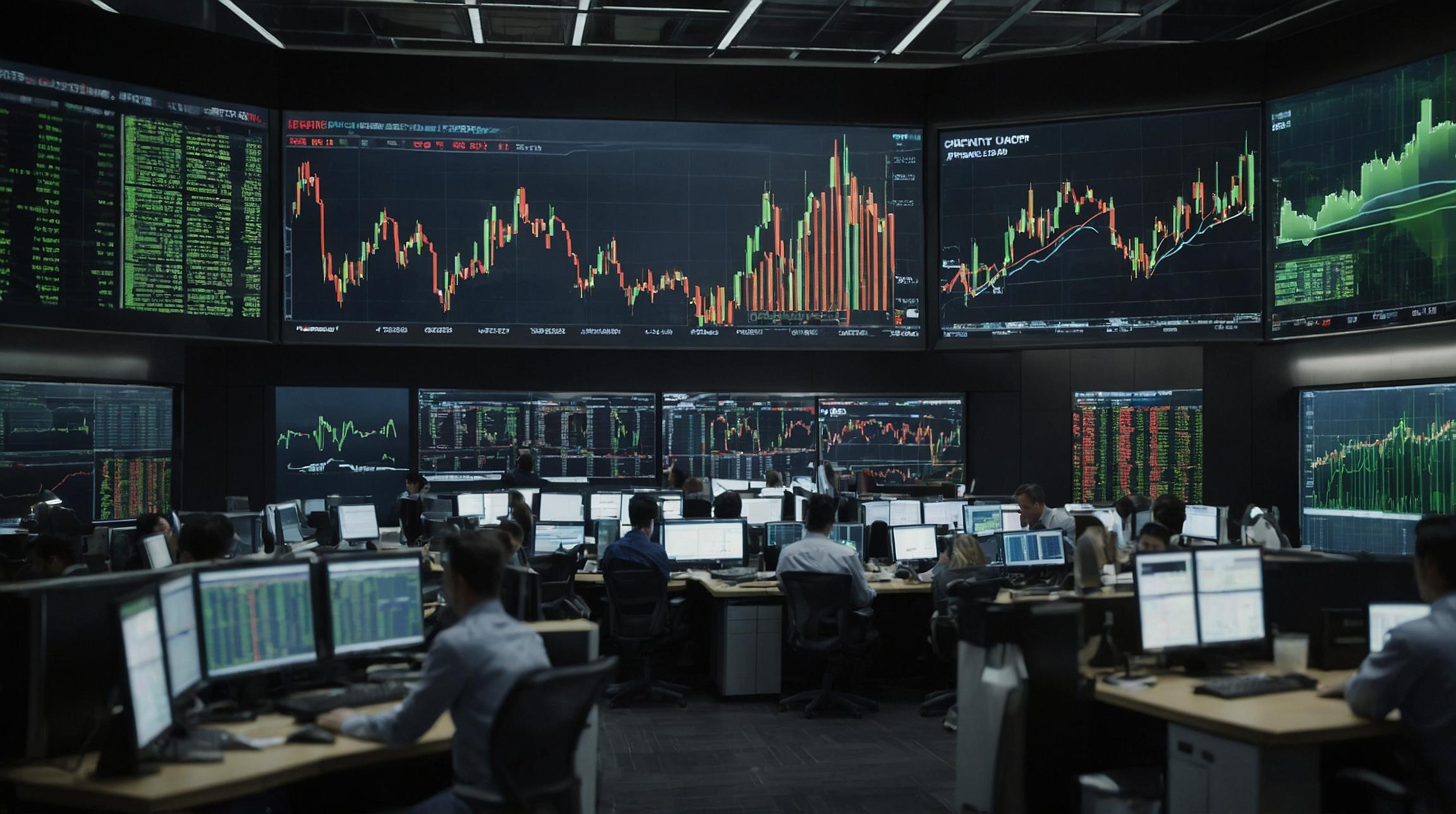EU Steel Tariffs Spark Market Turmoil for Auto Sector
Shares of Europe’s leading automakers declined sharply on Wednesday following the European Commission’s announcement of new steel tariffs and import quota restrictions. The measures aim to provide “strong and permanent protection” to the EU steel industry but have raised alarm across the region’s automotive sector.
The Commission’s proposal includes reducing tariff-free steel import quotas to 18.3 million tons annually, a 47% cut from 2024 levels, while doubling tariffs on excess imports to 50%. This aggressive stance is designed to shield European steel producers from global competition but risks significant disruptions downstream.
Automakers Warn of Rising Costs and Market Strain
The European Automobile Manufacturers’ Association (ACEA) criticized the Commission’s measures as excessive, cautioning that they could inflate steel prices and administrative burdens, threatening the competitiveness of European carmakers.
Sigrid de Vries, ACEA Director General, stated, “European carmakers source roughly 90% of their steel within the EU and are most concerned about the inflationary impact that an effective continuation of the safeguard will have on market prices.” She emphasized the need for a balanced approach that safeguards both steel producers and users in the automotive industry.
European Auto Stocks Slide Amid Rising Uncertainty
The Stoxx Europe Automobiles and Parts index closed 2.1% lower, leading regional losses in equities. BMW shares plunged 8.3%, marking their steepest decline since September last year, following a fresh profit warning citing sluggish growth in China and persistent U.S. import tariffs.
Rico Luman, senior sector economist at ING, described BMW’s warning as “disappointing,” highlighting a shift from earlier optimism regarding margin resilience. Other major automakers also faced declines: Mercedes-Benz and Volkswagen fell around 2%, Renault dropped 1.8%, and Stellantis declined 1.2%.
Meanwhile, U.S. auto stocks were mixed, with Ford down 0.7% and General Motors relatively unchanged.
FinOracleAI — Market View
The EU’s decision to tighten steel import quotas and increase tariffs aims to bolster domestic steel production but poses significant headwinds for the European automotive sector. Elevated steel costs may compress automaker margins and exacerbate inflationary pressures amid an already challenging global economic environment.
- Opportunities: Potential revival of EU steel industry; increased domestic production incentives.
- Risks: Higher input costs for automakers; supply chain disruptions; reduced competitiveness of European vehicle exports.
- Potential for increased administrative complexities and trade tensions.
Impact: The measures create a negative short-term outlook for European automakers, with risks of margin pressure and market volatility. Close monitoring of policy implementation and industry response is essential.
!--wp:paragraph -->












